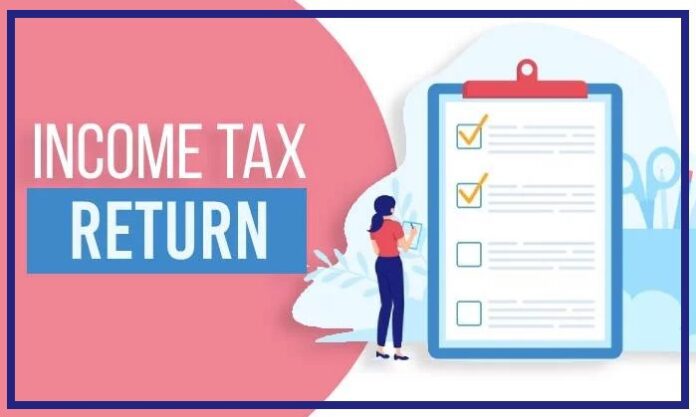All citizens who are eligible must file income tax returns to disclose their financial status. This is required by the Income Tax Department.
If an individual earns more than the basic exemption limit, which is ₹3 lakh under the new tax regime, they must file an income tax return to avoid facing penalties or legal actions by the government.
Filing income tax returns has many benefits, including the ability to claim tax refunds and build financial credibility. Form 16 is an important document for salaried individuals, as it serves as valid income proof and includes information on tax deducted at source (TDS) in a financial year.
Employers are required to issue Form 16 to their employees on or before the 15th of June of the relevant financial year.
Form 16 plays an essential role in the income tax filing process, as it contains important information needed to evaluate taxable liability and taxable payable amount.
It may be difficult for salaried employees to file their income tax returns accurately and efficiently without Form 16. However, if all details are correctly filed, it is possible to file without it.
In addition to its role in income tax filing, Form 16 is also accepted as valid proof of income by banks and financial institutions when employees apply for loans or credit cards.
Therefore, it is crucial for salaried employees to obtain Form 16 from their employers every year and keep it safe for future reference.
Form 16 includes details of TDS on salary, interest income, rent, and other sources, as well as any TCS,
Advance Tax/Self-Assessment Tax/Regular Assessment Tax paid by the taxpayer, high-value transactions like property purchases or investments, and tax refunds received in the financial year.
